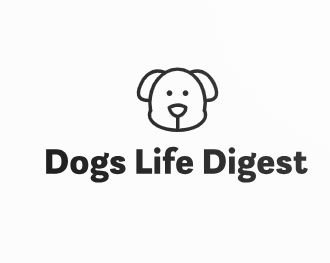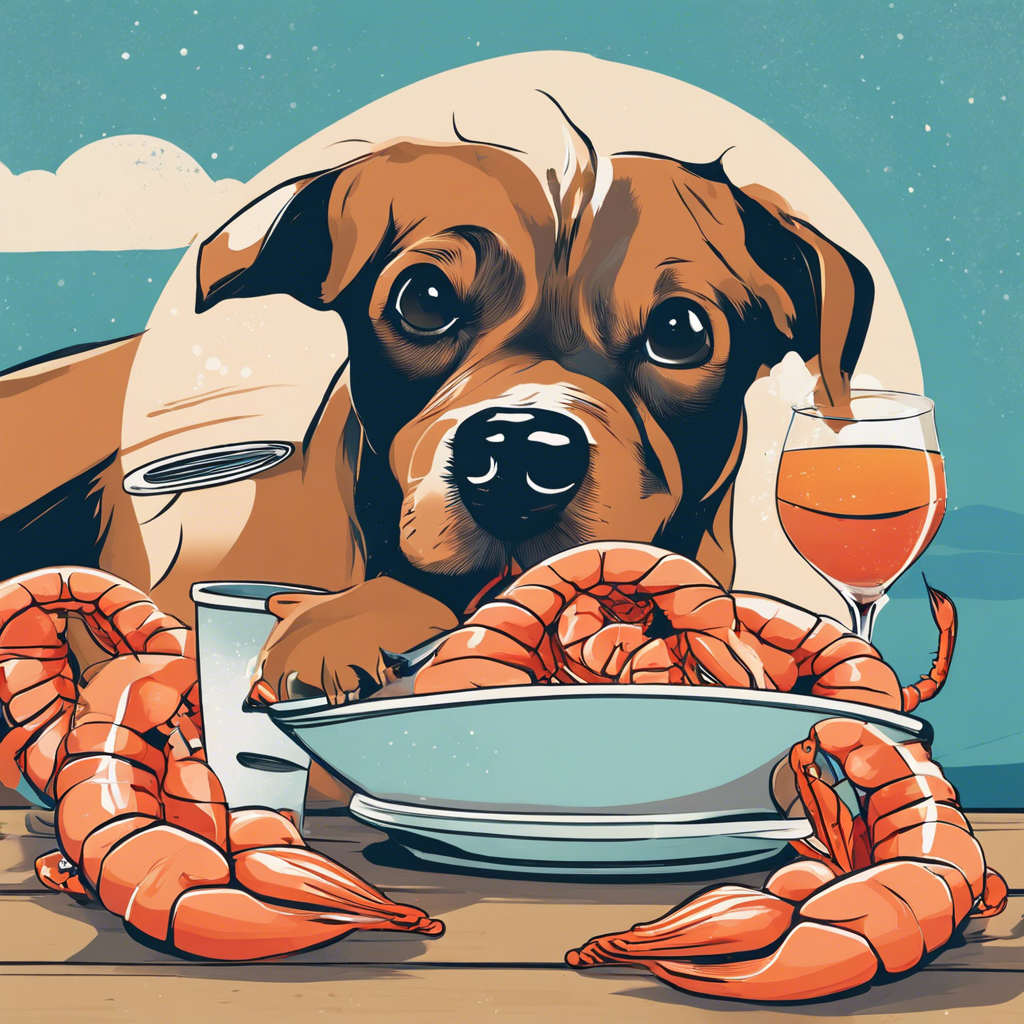While a juicy tomato might be a tempting treat to share with your canine companion, it’s important to approach this idea with caution. The question of whether dogs can eat tomatoes is not as straightforward as you might think. Tomatoes, scientifically known as Solanum lycopersicum, are a beloved fruit-turned-vegetable in the culinary world, but they belong to the nightshade family, which includes both edible and toxic plants. For dogs, the key lies in understanding which parts of the tomato are safe and which should be avoided.
When considering tomatoes as a potential snack for your dog, the good news is that the ripe flesh of a tomato is generally safe for them to eat. This part of the tomato is not known to cause any significant issues in dogs. It contains essential vitamins and minerals like vitamins A, C, and K, as well as potassium and fiber, which can be beneficial for your dog’s health. However, it’s crucial to introduce new foods in moderation and observe how your dog reacts.
The real concern with tomatoes lies in the green parts of the plant, including the stem and leaves, which contain a toxic substance called solanine. Solanine can be harmful to dogs if ingested in large amounts. Symptoms of solanine poisoning may include gastrointestinal issues like vomiting and diarrhea, as well as lethargy and even cardiac effects in severe cases. Therefore, it’s crucial to keep tomato plants out of your dog’s reach and ensure that any tomatoes offered as treats have been thoroughly washed and are free from any green parts.
It’s worth noting that some dogs may have sensitive stomachs or be more susceptible to gastrointestinal upset. In these cases, even a small amount of tomato could cause discomfort. Always monitor your dog for any adverse reactions and consult your veterinarian if you have concerns.
In conclusion, while dogs can safely enjoy the ripe flesh of tomatoes in moderation, it’s essential to exercise caution due to the presence of solanine in other parts of the plant. Always prioritize your dog’s well-being and consult with veterinary professionals for specific dietary advice.




